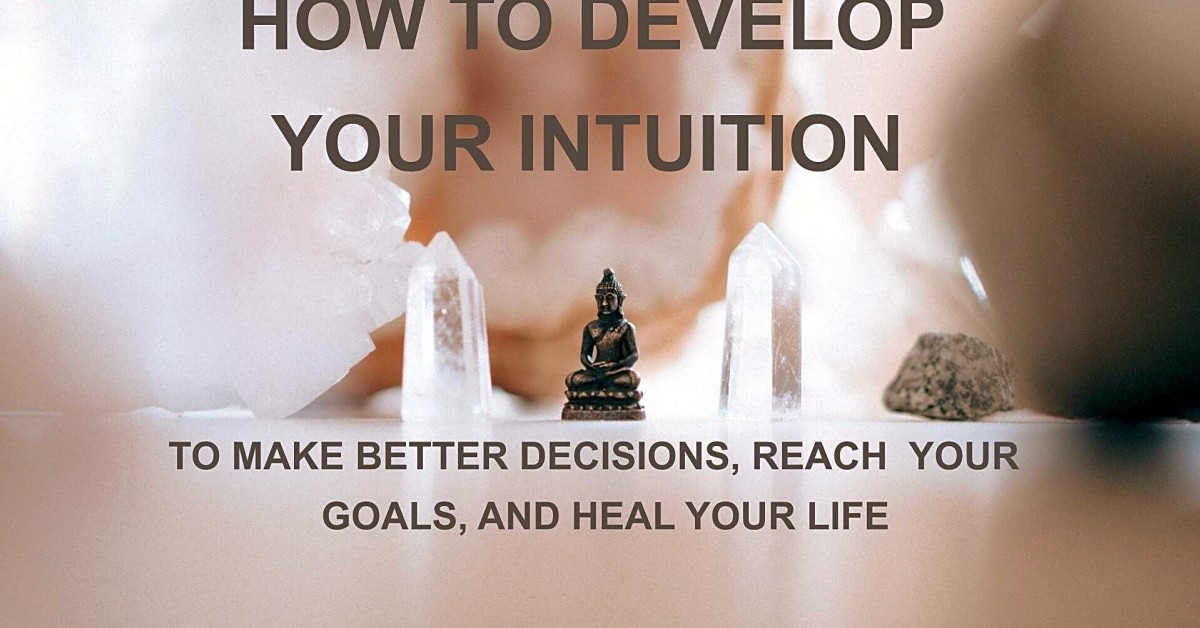In today’s fast-paced world, decision making is a crucial skill that we all need to possess. From choosing a career path to making everyday choices, our decisions shape our lives. While we are often taught to make decisions based on logic and reasoning, sometimes our gut instinct can guide us in the right direction. Trusting your gut in decision making can be a powerful tool that can lead to positive outcomes in both personal and professional situations. In this comprehensive guide, we will explore the concept of trusting your gut and how it can improve your decision making processes. So, sit back, relax, and get ready to discover the power of intuitive decision making.In today’s fast-paced business world, effective decision making is crucial for the success of any organization. One key aspect of decision making is trusting your gut. This article will cover the importance of trusting your gut in operational leadership and provide strategies and techniques for making informed decisions. Whether you are looking to improve team building, increase organizational efficiency, or become a better leader, this article will provide valuable insights to help you trust your gut and make the best decisions for your business. First, it is important to understand what we mean by ‘trusting your gut’. This refers to relying on your intuition or instincts when making decisions, rather than solely relying on logical reasoning or data. While data and logic are important factors in decision making, our intuition can also play a crucial role in guiding us towards the right choice. For example, many successful leaders attribute their success to their ability to trust their gut and make bold decisions. However, trusting your gut does not mean making impulsive or uninformed decisions. It requires a combination of intuition and critical thinking.
Intuition Can Fill in Gaps
In complex decision-making situations, we may not have all the information we need. Our intuition can help us fill in the gaps and make a decision based on our instincts.
Gut Feelings Can Be Backed by Experience
Our intuition is often based on our past experiences and knowledge. This means that trusting our gut can be a result of years of experience in a particular field or situation.
Intuition Can Be a Reflection of Subconscious Thinking
Our subconscious mind is constantly processing information, even when we are not actively thinking about it. Trusting our gut can be a way of tapping into this subconscious processing and making decisions based on it.
Why Trusting Your Gut Makes Sense
Trusting your gut can be a powerful tool in decision making, especially in operational leadership. Here are some reasons why:
- Intuition is a valuable asset: Our gut feelings are often based on our subconscious mind, which has the ability to process large amounts of information quickly and accurately. This can be particularly useful in situations where we don’t have all the facts or when time is limited.
- Experience and expertise: As leaders, we have built up a wealth of knowledge and experience in our respective fields. This allows us to draw upon past experiences and make informed decisions based on our intuition.
- Cultural and emotional intelligence: Our gut feelings are also influenced by our emotions and cultural background. Being in tune with our emotions and having a deep understanding of our organizational culture can help us make decisions that align with our values and beliefs.
Intuition Can Help Us Make Quick Decisions
When faced with time-sensitive situations, it can be easy to get caught up in over-analyzing and second-guessing our decisions. This is where our intuition comes in handy. Intuition is our ability to make decisions based on our instincts and gut feelings, without relying on extensive analysis or data.
Trusting your gut allows you to make quick decisions without getting bogged down by analysis paralysis. This can be especially useful in fast-paced business environments where every second counts. By tapping into your intuition, you can make decisions confidently and efficiently, saving both time and energy.
Intuition can also be a valuable tool in high-pressure situations, where there may not be enough time to thoroughly consider all options. In these moments, trusting your gut can lead to swift and effective decision making.
However, it’s important to note that intuition should not be the sole basis for decision making. It should be used in conjunction with other factors such as data, analysis, and expertise. This ensures a well-rounded and informed decision that takes into account both logic and intuition.
Trusting your gut in decision making is not about ignoring data or logic, but rather using your intuition as a valuable tool to supplement these factors. By understanding the importance of trusting your gut and utilizing strategies and techniques to do so, you can improve your operational leadership skills and make more effective decisions for your organization.







